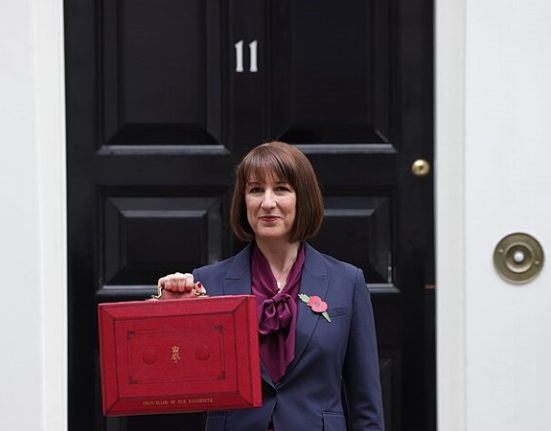Markets rally ahead of November Budget
UK government bonds have staged their strongest rally in six months as investors responded positively to Chancellor Rachel Reeves’ signals that next month’s Budget will include a mix of tax rises and spending cuts aimed at restoring fiscal discipline.
The yield on 10-year gilts – which moves inversely to prices – fell 0.14 percentage points this week to 4.53 per cent, the biggest weekly drop since April.
The move comes as global bond markets also benefited from growing expectations that the US Federal Reserve will begin cutting interest rates early next year.
Analysts said the fall in yields reflected a combination of market-friendly messages from the Treasury and signs that the government was serious about tackling the UK’s £22 billion fiscal shortfall.
“The right noises are coming out,” said Gordon Shannon, fund manager at TwentyFour Asset Management.
“Mentioning spending cuts alongside tax increases was a surprise given the recent political climate.”
Fiscal headroom and investor confidence
Reeves and her allies have indicated that she will expand the ‘headroom’ built into her borrowing rules, giving the Treasury more flexibility to meet its fiscal targets. The chancellor’s approach has helped reassure markets following months of volatility and uncertainty over the UK’s debt levels.
The rally was further supported by comments from Bank of England governor Andrew Bailey, who noted that a softening labour market could ease inflationary pressures. Traders now expect the BoE to cut rates by 0.25 percentage points as early as February.
However, BoE chief economist Huw Pill struck a more cautious tone on Friday, warning that “stubborn inflationary pressures” made it vital to avoid cutting rates “too far or too fast”.
Outlook for Reeves’ Budget
Economists say the gilt rally could marginally reduce the UK’s borrowing costs – by around £2 billion, according to Barclays – depending on when the Office for Budget Responsibility (OBR) locks in its market forecast window.
But with inflation forecast to rise to 4 per cent in September, and the UK still facing the highest borrowing costs in the G7, Reeves faces a delicate balancing act between fiscal restraint and economic growth.
“Investors see a path to fiscal consolidation in the UK,” said Luca Paolini, chief strategist at Pictet Asset Management.
“That’s not something we’re seeing in France or the US.”
The Treasury’s strategy, blending tighter spending control with targeted tax increases, appears to have reassured bond markets – at least for now – that Britain is moving back toward economic stability.







